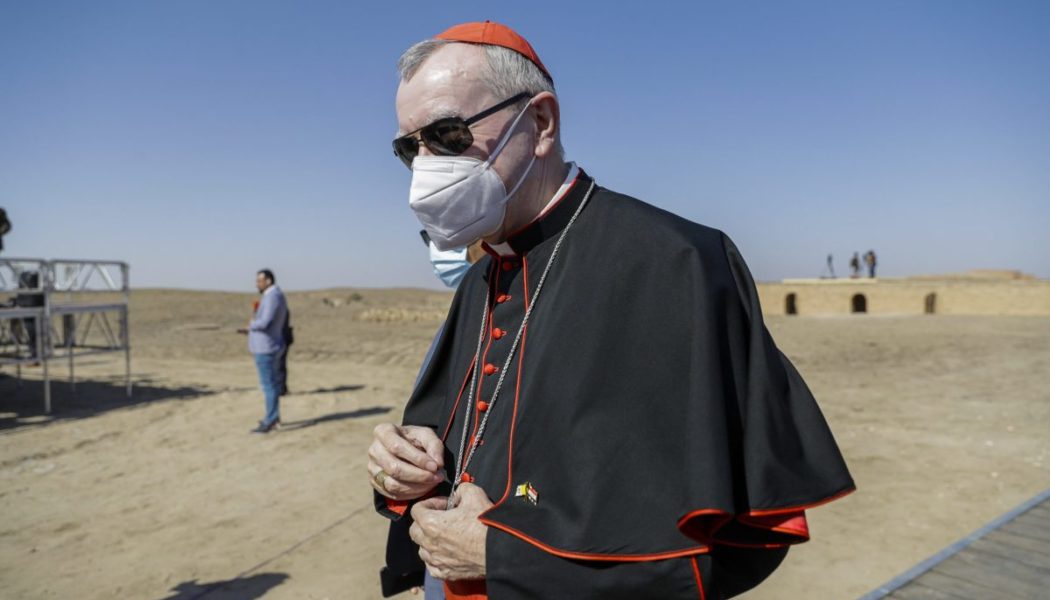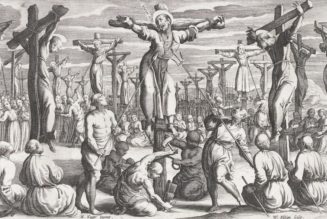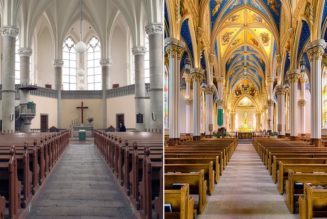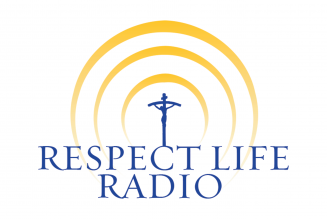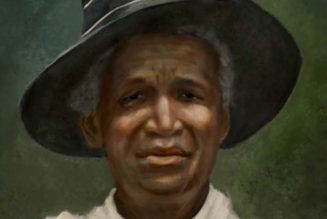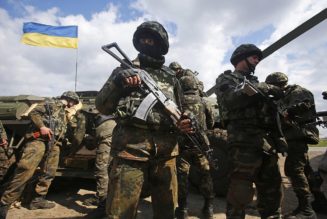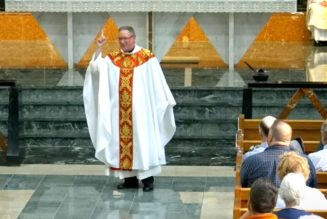
ROME – A few days ago, I and some other journos were engaging in some shoptalk when a veteran reporter, who’s not a Vatican specialist, posed a “food for thought” question. Could any of us think of any global leader in recent memory, outside a totalitarian regime, who’s received such consistently adoring press coverage as Pope Francis?
None of us could … Obama, maybe, at the beginning, but not as constantly over a long span of time.
From the outset, Pope Francis has had a killer narrative. He’s seen as a maverick shaking up a hidebound institution, a progressive challenging a conservative establishment, and a spontaneous, shoot-from-the-hip leader in one of the world’s most über-cautious environments in the Vatican.
More than anything else, the narrative works because it comes with built-in dramatic tension: Francis is also seen as a hero surrounded by villains and enemies, a pernicious “old guard,” determined to bring him down.
Francis recently gave that part of the narrative fresh legs, when the Vatican posted a transcript of his exchange with fellow Jesuits at the end of his Sept. 2-5 outing to Hungary and Slovakia.
According to the report, Francis told his Slovak confreres that when he was hospitalized for colon surgery over the summer, “some people wanted me dead” and that some prelates even met at the time to organize a conclave, the event in which his successor will be elected.
That background explains why comments on Wednesday by Italian Cardinal Pietro Parolin, the Vatican’s Secretary of State and Pope Francis’s top aide, have become the hottest topic du jour on Italian blogs and in the media.
In effect, many commentators are suggesting Parolin disowned the boss, throwing cold water on the “enemies out to get him” aspect of the Francis narrative.
Parolin was asked about the pope’s words in Slovakia on the sidelines of a Rome summit of the European People’s Party, where Parolin had been invited to speak on the founding vision of the EU.
“The pope probably has information that I don’t have,” Parolin said in response. “I honestly had not sensed this climate,” he added, referring to the anti-papal sentiment Francis described.
“Not having evidence to hand, I think perhaps it was a thing that concerned few people, that a few people had got this thing in their heads,” Parolin said. “The pope probably made these statements because he has knowledge that I have not received.”
Parolin also said he was not aware of any meetings among prelates to prepare the next conclave.
So, the great debate of the moment is, what to make of all that?
Writing on the Italian version of the Huffington Post, veteran Italian journalist and Vatican-watcher Maria Antonietta Calabrò argued a great deal should be made of it, calling Parolin’s public correction of the pope “unheard of.”
She asserted that “never in living memory” has such a thing happened, adding that it comes at the end of a Vatican summer “infected with poisons” – a reference, presumably, to the ongoing fraud and corruption trial involving, among others, Cardinal Angelo Becciu, Parolin’s former deputy.
The influential blog “Il Sismografo” carried an editorial on Thursday in the wake of the Parolin comments basically throwing down a gauntlet in front of Pope Francis: Either make a formal complaint to the Vatican tribunal about these prelates supposedly plotting against the pope, naming names, or publicly admit you were making it up.
Others are less inclined to go nuts over Parolin’s response.
“As always, when you’re dealing with the Vatican, there’s a tendency to interpret and reinterpret every quotation mark in search of some significance,” wrote Francesco Boezi, who covers the Vatican for Il Giornale.
“Parolin, however, didn’t say anything that contrasts with the version of Pope Francis. Put in very banal terms, it’s possible, and indeed even normal, that the pope knows more than the Secretary of State. The church isn’t a democracy, and not all levels of power are equal.”
“There’s no fault line, therefore, in the highest spheres,” Boezi concluded.
An even simpler reading of events would be that the pope was speaking tongue-in-cheek to his fellow Jesuits, he didn’t intend for what he said to be taken literally, and too much is being made about it all around – including, in this instance, by Parolin, who should have just waved off the question rather than appearing to take it seriously.
If you want the ultra-cynical take, it would be that even if no one else is preparing for the next conclave, Parolin is. This theory holds that the 66-year-old Parolin is sending a signal that he’d continue Francis’s agenda, but with more restraint, and sobriety, plus less self-created drama – all qualities calculated to appeal to cardinals who may think Francis’s policies are generally commendable, but his personality just a little too much to handle sometimes.
All of which illustrates what makes the Vatican so much fun: Virtually everything is open to competing interpretations and there’s almost no way to be wrong, because the right answer becomes clear only over time – and time, of course, also will erase the memory of what we were fighting about in the first place.
Follow John Allen on Twitter: @JohnLAllenJr
Join Our Telegram Group : Salvation & Prosperity
